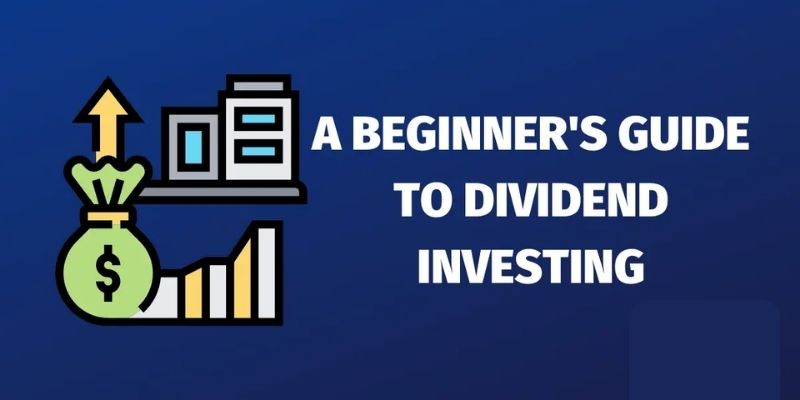The ownership of municipal bonds comes with several intrinsic limitations, even though these secure and income-generating bonds should have a place in each diversified investment portfolio. Before including municipal bonds as part of an investing plan, those interested in acquiring them must first consider several different considerations.
Why Do Investors Choose to Purchase Bonds?
Investors who purchase bonds intend to generate a regular cash flow (from interest expense) while protecting their capital (because they will ultimately receive their initial investment back).
Bonds provide relatively low levels of volatility in comparison to other types of investments, including stocks. As a result, many investors allocate a percentage of their total assets to bond holdings. Because of this, diversity serves this purpose: The potential for loss incurred by higher-risk investments is mitigated by lower-risk ones. Perhaps bonds aren't risk-free. The possibility exists that the issuing bank will be unable to pay its obligations.
By looking at the bond's rating, investors can get an idea of the amount of risk associated with the bond. One of the following three bond-rating agencies. Investors Moody's Management, S&P International, or Fitch Ratings is responsible for assigning a rating to every bond offered for sale in the United States. Ratings for bonds are derived from an examination of the issuers' creditworthiness.
What Makes Municipal Bonds Unique?
The fact that municipal bonds are exempt from federal taxes is one of the primary reasons people buy them. That is to say. The federal government does not impose a tax on interest payments. Municipal bonds are subject to taxation in some states but not in others. It is, as one might expect, a complicated matter. As a result of the fact that seven states do not impose any kind of income tax, bond interest is irrelevant. Other states do not levy taxes on bonds issued by their state but may do so on bonds issued by other states.
Before committing your money to the purchase of municipal bonds, there are also many things you should consider and weigh against the pros and cons of the investment, including the following options:
There may still be some tax liability associated with certain tax-exempt municipal bonds. It should be noted that the interest may be subject to state income taxes. If you are receiving Social Security, the interest you earn from municipal bonds will be included in your adjusted gross income calculation. This might result in a higher proportion of overall Social Security payments being subject to taxation. There may be tax ramifications associated with the de minimus taxation and the tax penalty, although this occurs far less frequently.
If you don't simply loathe the idea of handing over money to the government in the form of taxes, purchasing tax-free municipal bonds should help you get a higher total return on your investment. Be cautious not to select an investment that will provide a poor return on the investment so that you may reduce the tax you owe.
The danger of fluctuating interest rates is inherent to holding any bond, including municipal bonds. The larger the duration of the bond's term, the higher the associated level of risk. If rates go up while your bond period is still active, you will forfeit the opportunity to receive a better rate.
Interest Rate Risk

The likelihood of municipal bonds issued by U.S. governments falling into default is extremely low. However, it is crucial for investors who want to trade their securities in the marketplace to understand the risk associated with interest rate fluctuations because bonds are defined as having this risk.
When interest rates go down, an investor who holds their investments for the long term may even put their initial capital in danger. A bondholder who sells a 30-year issuance may get a principal amount that is less than the bond initially purchased.
Purchasing-Power Risk

In 2015, the US Experienced yearly inflation rates ranging from a low of -0.7 percent to a predicted high of 7 percent throughout the last decade (in 2021). Aside from that, it remained at 2.3 percent or below for the whole period.
This indicates that perhaps a 20-year muni bond with a yield of 2.5 percent to an investment company in a tax bracket of 25 percent, or a tax-equivalent yield of 3.3 percent, would offer returns that beat the inflationary pressures annually up till 2021 when it neglects to get anywhere near the level of inflation. After that point, it would not even come close.
Putting money into bonds for the long run exposes an investor to the greatest possible danger of losing purchasing power. You will receive your income back towards the end, and it might have less value than you did when you first got it. Putting all of your money into weak municipal bonds is a conservative strategy, but doing so might mean forgoing returns that are higher than the rate of deflation and that help you keep more of your money over time. This risk can be neutralized by maintaining a mix of safer municipal bonds and equities with higher volatility.
Call Risk
An additional level of risk is introduced for the investor when a bid is accepted with a debt instruments option. This indicates that the issuer can call off the offering, fully repay the principal, and terminate interest payments. If interest rates decrease significantly, allowing the issuer the chance to sell new bonds at a reduced interest rate, the option is something the issuer would like to have.
Many debt securities are callable. The capital contributed by their investors will be returned to them, but those investors will need to find alternative uses for the money. They will receive a lower return on their new investment in bonds.
How to Engage in Funds That Invest in Tax-Exempt Municipal Bonds?
Through the use of an online trading account, an investor can purchase and directly issue debt. They can also be obtained by using the services of a comprehensive brokerage firm or a bank.
One such choice is to put money into a mutual or marketplace fund focusing on municipal bonds as an investment strategy.



